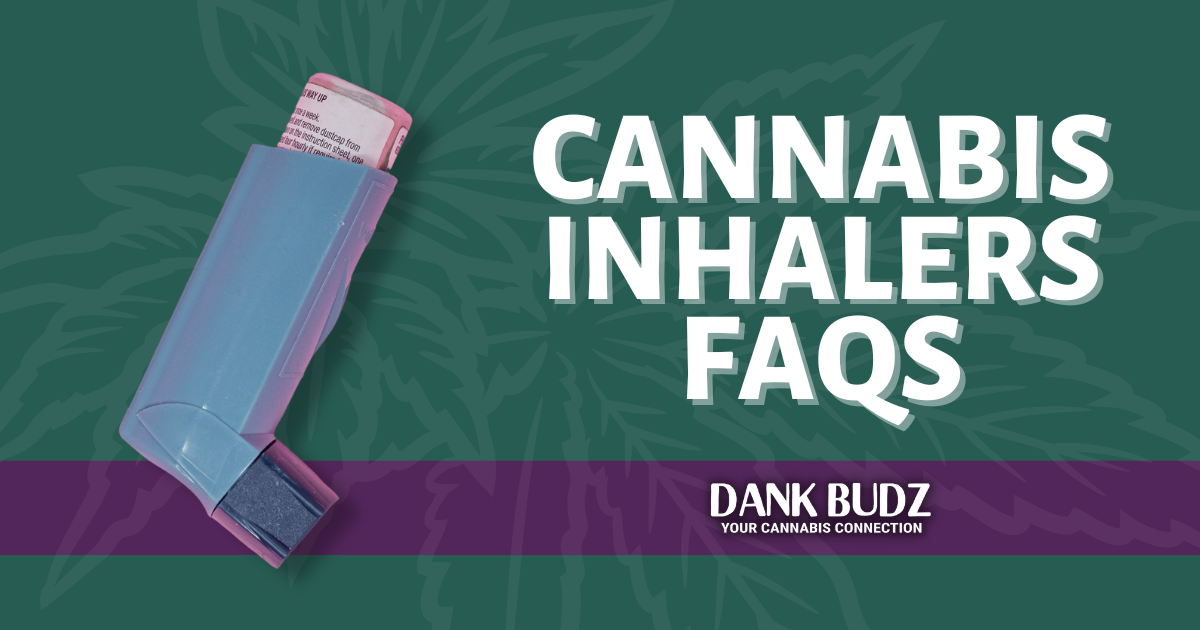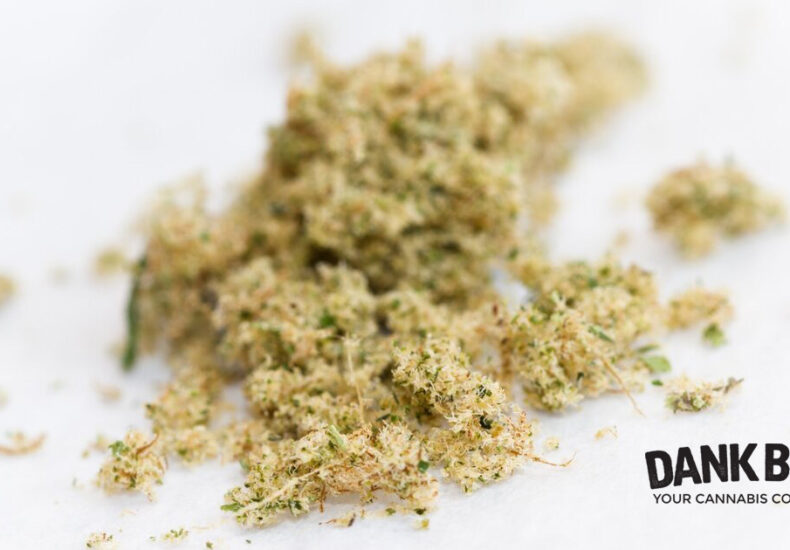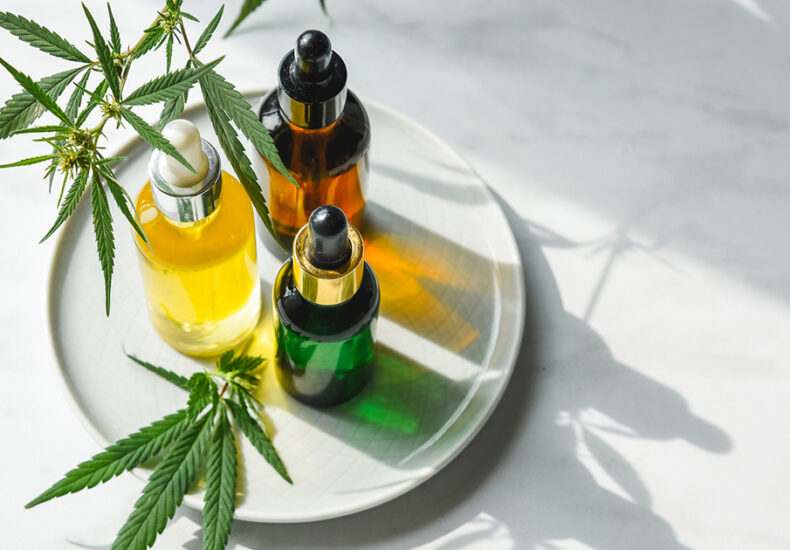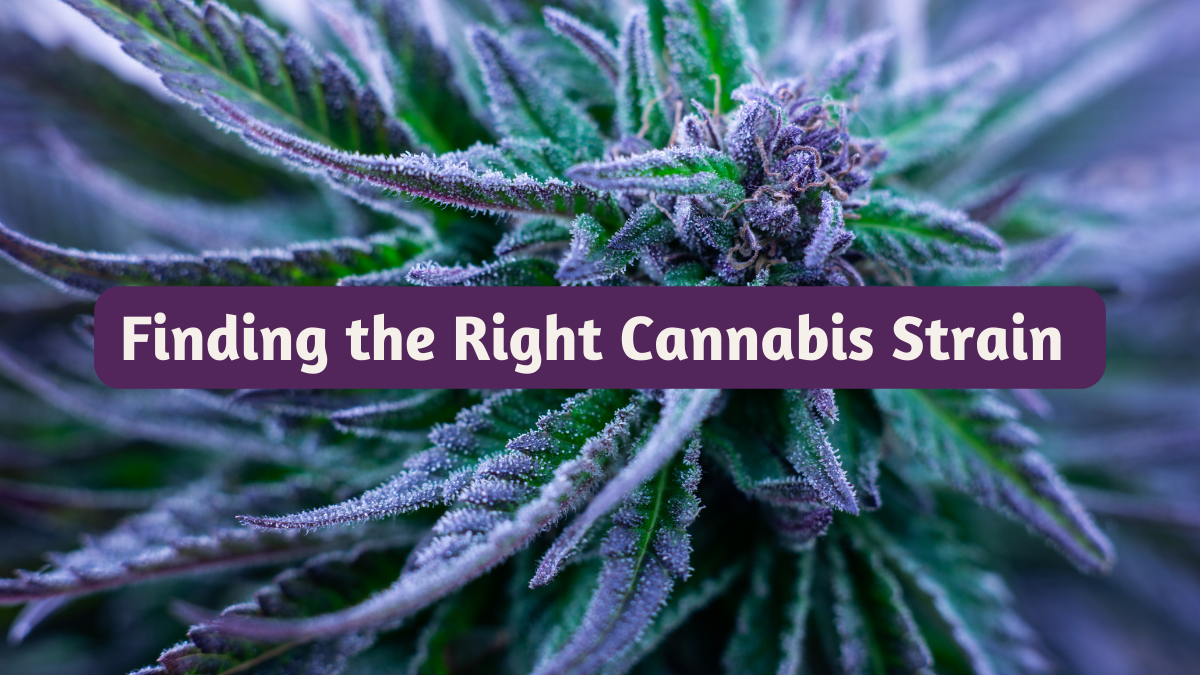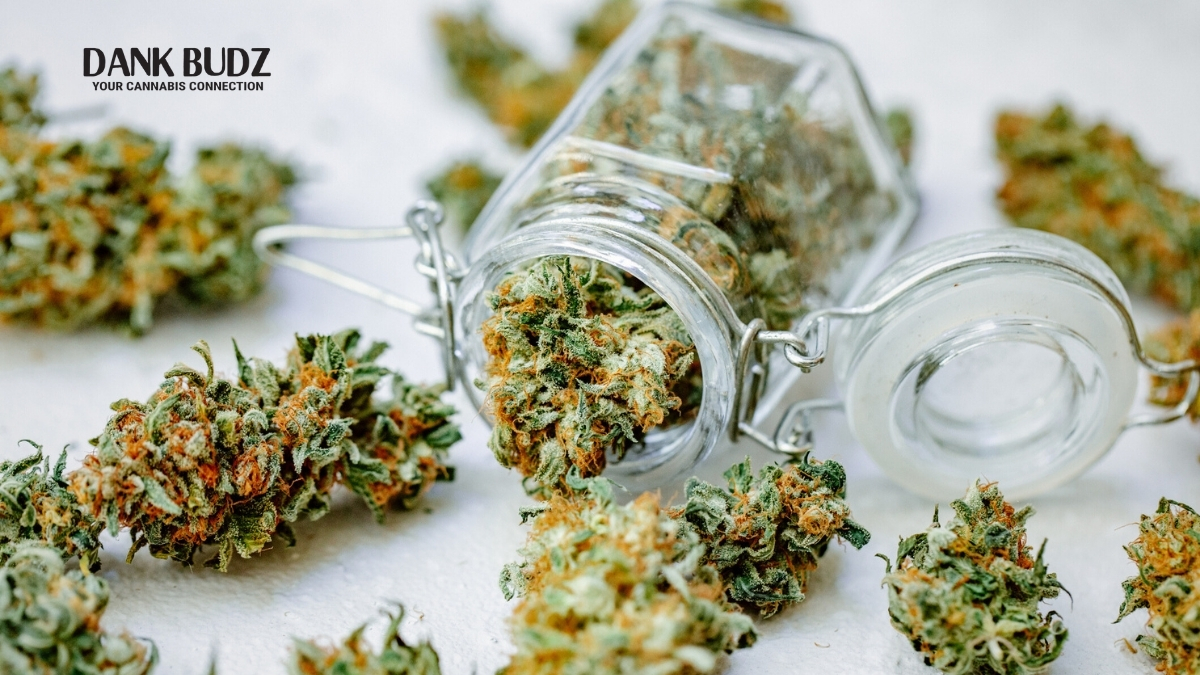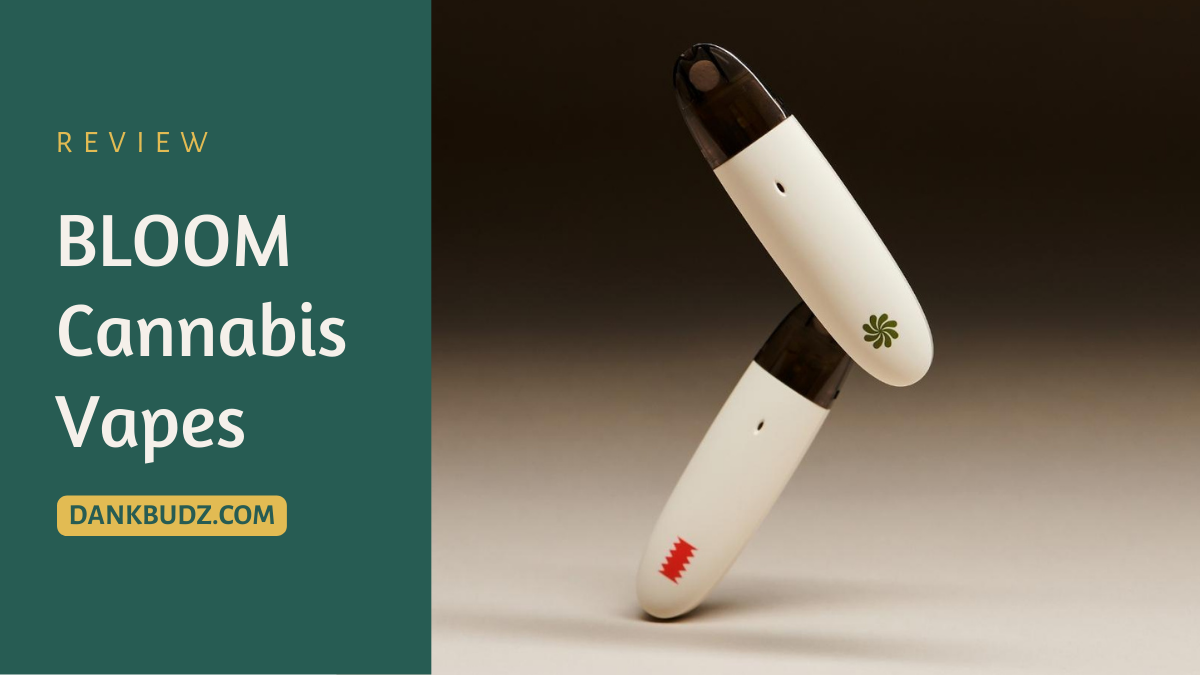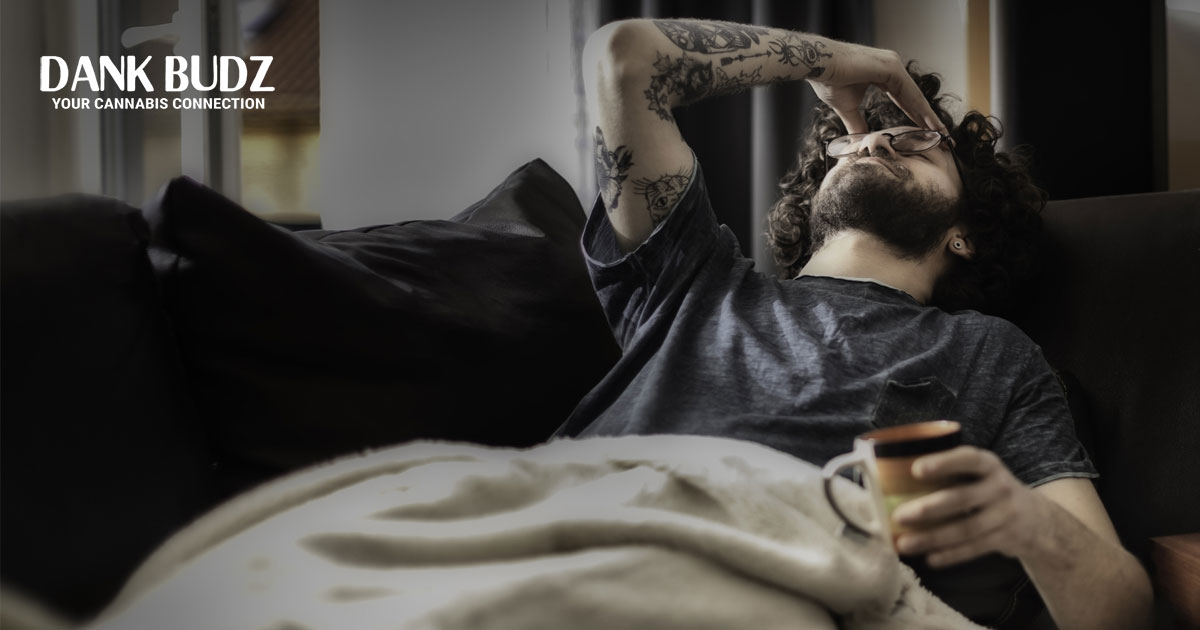
According to the Oxford Dictionary, the word “hangover” refers to the after-effects caused by drinking an excess of alcohol. However, the term is widely used for the negative effects people experience after using other substances as well, including marijuana. Despite weed hangovers appearing to be a real phenomenon among cannabis users, there is limited scientific research regarding if or why they occur. Still, there are some strategies that have been found to help limit any negative side effects following a high.
What Is a Weed Hangover?
To better understand the term “hangover” and how it relates to consuming THC, we should develop a solid understanding of what a hangover really is. As it relates to alcohol, a hangover is a set of symptoms that occurs following alcohol consumption. Symptoms might include headache, weakness, nausea, vomiting, vertigo, anxiety, sweating, sensitivity to light, and more.
There isn’t one specific component of alcohol consumption that leads to a hangover, but there are a variety of factors the National Institute of Health cites as ones that could contribute to that morning-after feeling.
- Dehydration — Alcohol consumption suppresses the release of a hormone called vasopressin, which signals the kidneys to retain fluids. That is why urination frequency tends to increase with alcohol consumption, leading to dehydration and symptoms such as fatigue, headache, and thirst.
- Sleep Disruption — Fatigue and brain fog can be a result of poor sleep following alcohol consumption, as sleep tends to be more fragmented during that time.
- Gastrointestinal Issues — Alcohol irritates the stomach lining and increases acid release, which can lead to nausea and overall stomach discomfort.
- Acetaldehyde Exposure — As alcohol metabolizes, it creates acetaldehyde. which contributes to inflammation of several organs including the liver, pancreas, and brain.
- Mini-Withdrawal — Alcohol can have a relaxing, sometimes euphoric, effect on users which the brain adjusts to in an attempt to maintain balance. When the effects of the alcohol wear off, people may feel more restless and anxious than before they drank.
Does Weed Cause “Hangovers?”
While the medical and scientific juries are still out on whether weed hangovers are truly hangovers, many people who overindulge in THC have experienced adverse effects the morning after use. A few studies with small sample sizes have been conducted that revealed some people do experience residual effects the day after smoking cannabis, but the exact link is unclear and can vary. In fact, these vague results are like those revealed by studies about alcohol hangovers.

The Difference Between Weed and Alcohol Hangovers
Both are commonly referred to as a hangover but weed and alcohol hangovers seem to differ from one another. Alcohol hangovers tend to be more severe because of alcohol’s dehydrating effect on the body and the way it interferes with normal liver function.
Marijuana, on the other hand, does not cause dehydration (though it can cause dry mouth). This means someone experiencing a weed hangover doesn’t have to deal with the unpleasantness that accompanies dehydration. Cannabis also doesn’t impact the gastrointestinal system the way alcohol does, so vomiting and diarrhea are less common during a weed hangover as compared to an alcohol hangover.
Possible Causes of Weed Hangovers
Due to the wide variety of strains of THC, determining exactly what causes a weed hangover is difficult. Feeling hungover the following day is often linked to overconsumption, much like with alcohol. However, this is not always the case, as a person who smokes one joint could experience adverse effects after the high wears off.
Factors that could impact how a person feels the morning after using marijuana include:
Tolerance Level and Excessive Use
Just as an infrequent drinker may experience a severe hangover after drinking a few too many, consuming more than your tolerance of cannabis in a short amount of time may lead to more negative side effects. That means new, heavy cannabis users are likely more susceptible to weed hangovers.
Body Chemistry and Lifestyle
Having a healthier lifestyle and a healthier body overall can boost your body’s ability to process THC. Those with an unhealthy diet may be more susceptible to feeling unwell following a night of cannabis consumption. Those with a naturally higher metabolic rate may also experience fewer weed hangovers, as the marijuana effects are produced more quickly and are finished faster than they are in someone with a slower metabolism.

Strain
Some users find that strains higher in THC content are more likely to lead to a hangover, specifically those that contain 20% or more THC. As marijuana use continues to grow in popularity and legality across the US, dispensaries are offering increased options when it comes to strains, which can be overwhelming for new and seasoned users. Take a marijuana strain quiz to find suggestions for strains that may give you the effects you’re seeking.
THC Half-Life
The half-life of a chemical refers to how long it takes to degrade in the body. THC has a long half-life, so it remains in your fatty cells and releases them into your system for longer. The lingering THC in your body the morning after consumption could trigger unpleasant symptoms.
Consumption Method

Some people find that recovering from an edible hangover is more difficult than smoking. This goes back to the half-life of THC, or how fast the THC breaks down in your body. If the body must digest THC instead of allowing it to pass through the respiratory system into the bloodstream, it is metabolized into a secondary compound that is more potent. Thus, the high can be more intense, last longer, and feel differently when THC is consumed in edible form versus inhaled, which can lead to feeling off well into the next day following consumption.
How to Help a Weed Hangover
Tips for how to treat a weed hangover largely depend on what symptoms you’re experiencing. Symptoms can vary from person to person, and even from one hangover to the next depending on a variety of factors.
Symptoms include:
- Brain fog, including memory issues and inability to focus
- Headache
- Fatigue
- Nausea
- Dry or itchy eyes
- Dry mouth
There is a wide array of methods for attempting to conquer a weed hangover, depending on the symptoms you are experiencing.
Some things that can help you feel better include:
Drinking Water
Marijuana doesn’t dehydrate users the way alcohol does, but it can cause uncomfortable dry mouth which is combated by a tall glass of water. In general, being well-hydrated is good for your body, so drinking water before, during, and after consumption is never a bad idea.
Take a Shower
Showers can help with brain fog and general grogginess by helping you feel more refreshed and alert.
Enjoy a Caffeinated Beverage
Coffee or tea can help you feel more awake. Be careful if you’re feeling dehydrated, and drink plenty of water since caffeine also has dehydrating effects. Don’t overdo the caffeine, either, or this could lead to another crash later in the day.
Eat a Balanced Meal

Choose a healthy and balanced breakfast the morning after marijuana consumption. Include protein, fiber, and a good balance of rich nutrients to help your body get what it needs to function well. Oatmeal with berries or an omelet are both good choices.
Try CBD
Some people find this “hair of the dog” approach works well to counteract the symptoms of a weed hangover. Using CBD oil helps some users feel better when they feel unwell the morning after consumption. However, avoid CBD products that also contain THC for this method.
Consume Some Ginger

Ginger tea or ginger root can help those experiencing nausea feel better. Ginger has properties that help with digestive symptoms, so ginger tea with honey is a great first step to help soothe an upset stomach.
Get Some Exercise
Exercise may not be the first thing on your list of to-dos when you’re not feeling well, but it can help when you’re feeling hungover. Exercising releases endorphins and speeds up metabolism which can help your body process THC faster.
Get Rest
If you’re feeling fatigued, get some sleep. Be sure to get to bed at a reasonable hour and give yourself a little extra time waking up in the morning if you need it.
How to Prevent a Weed Hangover
Like alcohol hangovers, the only way to be sure to prevent a weed hangover is by not consuming. For those who want to partake while attempting to prevent the possible negative aftereffects, here are some suggestions to try.
Practice Moderation
Your body takes time to break down THC, so consuming a lot in one night or consuming consistently over time can make it difficult for your body to clear it out of your system. This can contribute to not feeling well as your body works to break down the THC.
Know Your Tolerance Level
Consuming more than your body is used to can lead to negative effects the next day, just as it does with alcohol.
Avoid Deep Inhalation Practices
THC in marijuana only takes a few seconds to absorb into your system, giving you the effects you’re seeking. Deep inhalation or holding your breath allows more time for the burned marijuana to release toxins into your lungs. This can cause irritation and make you feel worse following a smoking session.
Avoid Synthetic Cannabinoids
Synthetic cannabinoids are manmade and include chemicals that can have seriously unpleasant (sometimes dangerous) side effects compared to marijuana. You could experience agitation, confusion, and a rapid heart rate after using synthetic marijuana, so it is best to avoid it altogether.
Choose Low-Potency THC or Balanced THC-to-CBD Products
Using in moderation isn’t just about your level of consumption. You also need to take into consideration the THC content of the strain you are using. When considering your tolerance level and how much you consume in one night, make sure you understand how much THC is in the strains you’re enjoying.
Find the Best Strain For You

Finding strains that work for your body and consumption method is one great way to try preventing negative effects the day after using THC. Consider starting a cannabis strain journal to document your experience with different strains, including how they make you feel the following day. Journaling allows you to look back on how you and your body reacted to various strains so you can make an educated choice about which you’d like to avoid or try again.
Stay Healthy
General lifestyle adjustments and healthy living practices can also contribute to feeling better overall the day after using THC. From what we know, weed hangovers often happen because the body hasn’t finished processing the THC by the time a user wakes up. This means keeping your body in the best shape possible could help it process THC quicker. Following a normal sleep schedule, exercising, staying hydrated, and eating healthy are all ways to improve your overall health and increase your chances of preventing a weed hangover altogether.
The Bottom Line on Weed Hangovers
While we don’t know exactly what causes every weed hangover, cannabis users report that they do occur and can be unpleasant. If you’re regularly experiencing a weed hangover, consider cutting back your use and learning more about how your body reacts to different strains, dosages, and consumption methods. The bottom line seems to be that understanding and respecting your body’s boundaries when it comes to consumption, as well as practicing healthy habits in general, is the best way to minimize or prevent negative effects the following day.
